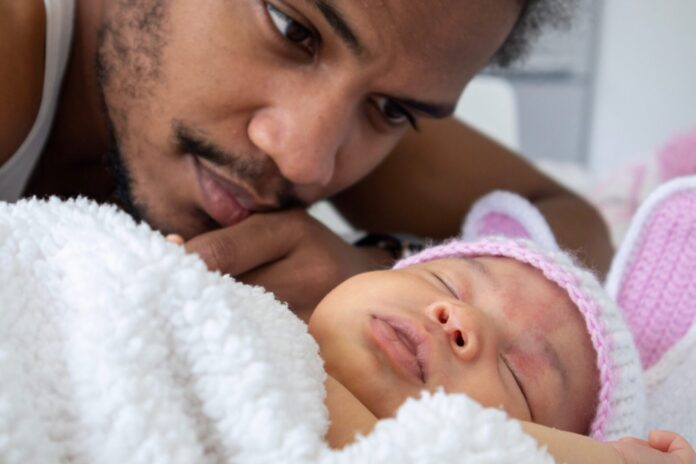If you have seen my first blog post or the about me page, you will know that I go in and out of short term working contracts. The reason that I am emphasising this point is because this post has been motivated by a humbling and insightful conversation I had with my boss in recent days.
We spoke about the power of parents on children; a child’s longing to please and gain acceptance by their parents. One thing from our deep conversation that stuck with me was when my boss told me his parents would say to him:
We are very proud of you, as long as you try your best
Now, this on the face of it sounds correct, right? I thought so, and I often find myself using this with my kids, also telling them that winning is not all, it is how one responds to losing that matters. But I often tend to use this statement without elaborating. As it happens my boss is extremely intelligent (top academic), but even so, this simple statement made him believe as a child that he was never good enough. He could not decode the “as long as you try your very best”. Even for an adult you can see the ambiguity. What is very best when those around you score higher? What is very best when you never quite get there?
To lessen the ambiguity of “your very best”, my boss thought a more appropriate statement would have been:
Bob, I love you unconditionally
The best definition of love can be found in the Bible, and this quote is perfect for describing the relationship between a child and parent.
Love is very patient and kind, never jealous or envious, never boastful or proud, never haughty or selfish or rude. Love does not demand its own way. It is not irritable or touchy. It does not hold grudges and will hardly even notice when others do it wrong. It is never glad about injustice, but rejoices whenever truth wins out. If you love someone, you will be loyal to him no matter what the cost. You will always believe in him, always expect the best of him, and always stand your ground in defending him.
Dr Ross Campbell writes in his book about the foundation of a solid relationship with a child being unconditional love. He says that only that type of love can ensure a child grows to his full potential, and how it can also ensure prevention of such problems as feelings of resentment, being unloved, guilt, fear, or insecurity. Without a basis of unconditional love, it is not possible to understand a child, his behaviour, or know how to deal with misbehaviour.
Campbell believes that without a foundation of unconditional love, parenting becomes a confusing and frustrating burden. This I can attest to, and I am sure that a great many parents could also. Dr Campbell shared the following seven points, which can only help when nursing your kids.
- They are children.
- They will tend to act like children.
- Much of childish behaviour is unpleasant.
- If I do my part as a parent and love them despite their childish behaviour, they will be able to mature and give up childish ways.
- If I love them only when they please me (conditional love), and convey my love for them only during those times, they will not feel genuinely loved. This in turn will make them insecure, damage their self-image, and actually prevent them from moving on to better self-control and more mature behaviour. Therefore, their behaviour and its development is my responsibility as much as theirs.
- If I love them unconditionally, they will feel good about themselves and be comfortable with themselves. They will then be able to control their anxiety and, in turn, their behaviour, as they grow into adulthood.
- If I love them only when they meet my requirements or expectations, they will feel incompetent. They will believe it is fruitless to do their best because it is never enough. Insecurity, anxiety, and low self-esteem will plague them. They will be constant hindrances in their emotional and behavioural growth. Again, their total growth is as much my responsibility as theirs.
Could the statement “I love you all the time regardless of anything else” be a good replacement for “I am very proud of you, as long as you try your best”?
I am always learning to be the best I can be for my kids, but also always falling short of this mark!
Sources
- 1 Corinthians 13:4-7, The Bible, New International Version (NIV)
- Campbell, R. (1998) How to really love your child, Alpha, Carlisle, Cumbria, UK


